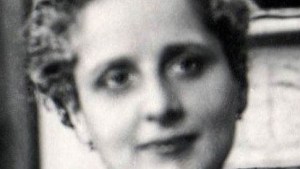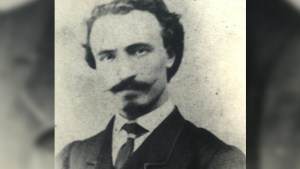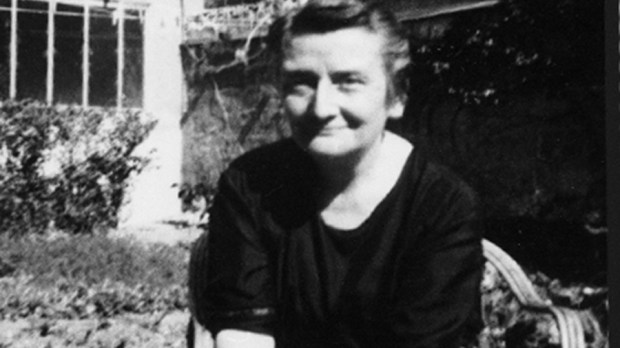Born in Mussidan, France in 1904, Madeleine Delbrel was raised by parents who weren’t especially religious. As a result, by age 15 she declared herself an atheist.
Two years later she even wrote her own atheist manifesto entitled, “God is dead … Long live death!” Her family moved to Paris and with nothing holding her back, she eagerly embraced the rebellious spirit of the 1920s. She cut her hair short, designed her own clothes and studied philosophy at the Sorbonne.
Delbrel frequently hosted parties and enjoyed participating in intellectual conversations with other philosophers. She was even engaged to a fellow atheist philosopher.
However, everything changed when her fiancé broke off the engagement to join the Dominican order. This and her parents’ estrangement from each other tore her world apart. If God did exist, she needed him now.
In her desperation she started praying to God, even though she was unsure of his existence. The experience led her to a deep conversion to Christianity. She explains, “By reading and reflecting I found God; but by praying I believed that God found me and that he is a living reality, and that we can love him in the same way that we can love a person.”
With a zeal for souls, she saw herself as a missionary without a boat, helping the local bishops re-evangelize France. She worked closely with the urban working class and founded a house of hospitality and worked zealously for the poor. In this way she has been called a “French Dorothy Day.”
She worked closely with communists and tried to develop a relationship with them, loving them, but rejecting their ideology. Delbrel was a pioneer in many ways, especially in her strong belief in the missionary role of the laity in the modern world.
Delbrel died at age 60 and her writings and life have remained an inspiration to many. Cardinal Roger Etchegaray signaled her out in a speech to French youth, seeing her as an essential guide for young people in the “arduous battle of holiness.”
She was declared “venerable” by Pope Francis on January 27, 2018.

Read more:
Atheist turned mystic: The amazing story of Itala Mela

Read more:
Satanic priest turned saint, Bartolo Longo is proof that no one is too lost to be found

